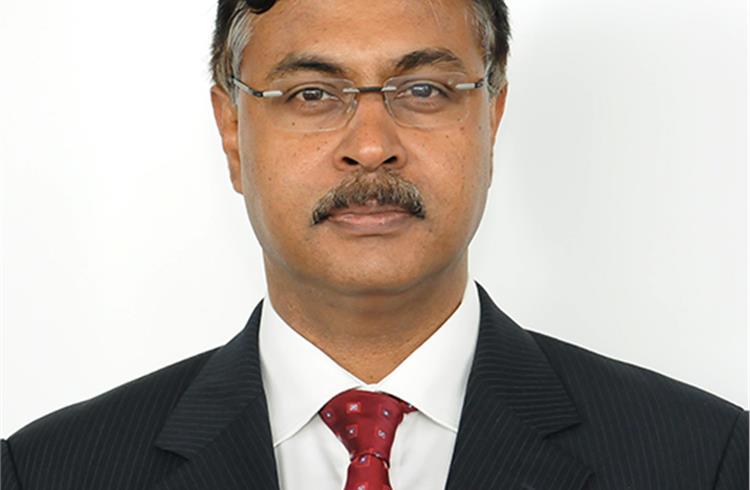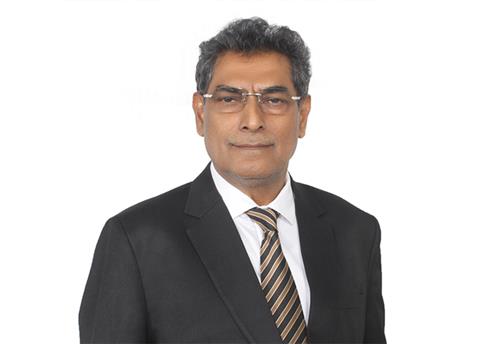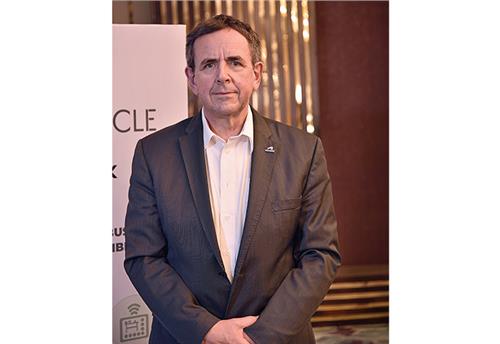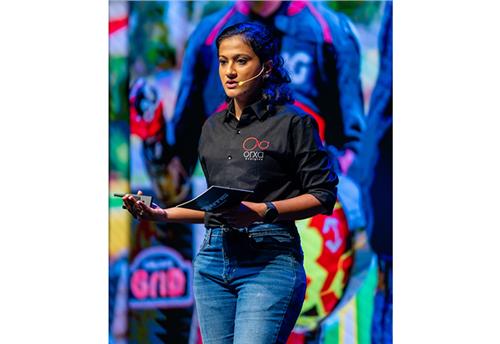‘We can give Tier 2 and 3 suppliers the ability to compete with the best in the world.’
Pavan Kumar, MD (South Asia), Altair Engineering Ltd, speaks to Kiran Bajad on how its simulation software tools can fast-forward product prototyping and why even Tier 3 suppliers should be taking advantage of such programs.
Pavan Kumar, Managing Director (South Asia), Altair Engineering Ltd
Pavan Kumar, MD (South Asia), Altair Engineering Ltd, speaks to Kiran Bajad about how its simulation software tools can fast-forward product prototyping and why even Tier 3 suppliers should be taking advantage of such programs.
Can you detail Altair Engineering’s involvement with the automotive industry?
Altair Engineering is a 30-year-old company, which was set up in Detroit. We began as a consultancy company and foresaw the need for software products. That’s how our HyperMesh, a universal pre- and post-processes software, came into being. Altair’s core area is simulation-led consultancy and products.
We have introduced the middle stage wherein after detailed design, automotive companies can take their product to a simulation environment. It is here that products can be simulated in real-life physical conditions including bad roads, crash, noise and handling without the need for OEMs to create a physical prototype. This is not restricted to OEMs alone but can benefit Tier 1 and Tier 2 suppliers as well.
Which are the key areas in which simulation can help OEMs and suppliers?
The critical thing is to reduce weight to enhance the overall performance of a vehicle. In this process, if the client discovers that it has put up a lot of material to withstand the shock, we can reduce the amount of material. Similarly for crash tests, OEMs are likely to use extra material; simulation helps them conduct multiple tests showing them how they can reduce weight and still get a star rating. This process helps save both material and also meet the regulations. Sometimes for designing and forming of a component, it reduces stresses which can change the way the part will behave in the real world. If a customer understands this upfront, then the design is correct for the first time and it comes out a lot lighter.
Which are Altair’s key automotive clients in India at present?
We are working with almost all OEMs including Tata Motors, Mahindra & Mahindra, Ashok Leyland, Maruti Suzuki, Hero MotoCorp and leading Tier 1 and Tier 2 suppliers.
How much does the auto sector contribute to your business in India?
We have been in the Indian market for almost 13 years now and the automotive vertical constitutes almost more than 65 percent of our total business. We work in all the segments of the industry including passenger cars, commercial vehicles and two-wheelers. Over the years, we have seen Indian OEMs adopt modern practices and they are embracing simulation technologies on a large scale.
The Indian auto industry has matured and most players don’t want to reduce or cut down on their product development. They tighten their belts when the business is down by producing less but the product development cycles continue, as seen in most of our customers. The slowdown in the last couple of years has not really impacted us and we are on the upswing. Also, Indian design centres are not just catering to the Indian market but also to the rest of the world.
Altair globally is a $300 million company and India contributes about 15 percent of the revenues. I look after India, Middle East and South East Asia. While the India market has matured a lot, the Middle East market is just about starting for us. I believe all global OEMs think very highly of India because they believe we respect intellectual property rights a lot more than China and this is a huge advantage.
We see India as a growing market. Over the years, Indian manufacturers have not only matured but they want to go out and win transactions globally. Their optimism and desire to grow is a lot higher than manufacturers in some other countries.
What is your near-term road map for the Indian market?
Our near-term objective is to become a more trusted partner with all our customers. We will be very happy to work with Tier 2 and Tier 3 companies. At present, their percentage of adoption (of simulation technologies) is very small and only reputed Tier 1 and Tier 2 companies can adopt our solutions. However, there are a good number of other companies which have the capability but don’t know how to do it. We would like to engage with them as we can give them the ability to compete with the best in the world.
In which way can a Tier 2 or 3 supplier benefit from Altair’s solutions?
Today, what most Tier 2 suppliers do is get a design from OEMs, win the order and then manufacture the component. Now OEMs are of the opinion that you not just manufacture it but you also need to improve the product; for instance, reduce the weight of the product. In such instances, what will the Tier 2 supplier do? He will walk out.
This is what happens in global OEMs’ bids and we can help these suppliers in engineering, designing, redesigning or modifying products to be more competitive. Recently, we helped the Coimbatore-based Shakti Auto Component to win a global bid by helping it re-design an entire product and also present the technical capability to the OEM.
RELATED ARTICLES
BRANDED CONTENT: 'We aspire to be among the leading sensors and electro-mechanical products manufacturer'
P. Parthasarathy, Founder & Managing Director, Rotary Electronics Pvt Ltd shares the company's commitment and vision to ...
‘Big opportunity for startups lies in products in India’: Detlev Reicheneder
As electrification levels the playing field, the focus on tech and R&D to bring innovative products is the mantra for st...
'I hope my journey makes people say — I can do this too'
Ranjita Ravi, Co-founder of Orxa Energies — the maker of Mantis e-bikes — shares the challenges of building a startup an...





 17 Mar 2015
17 Mar 2015
 14101 Views
14101 Views





 Autocar Pro News Desk
Autocar Pro News Desk




